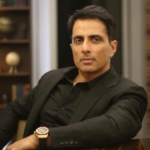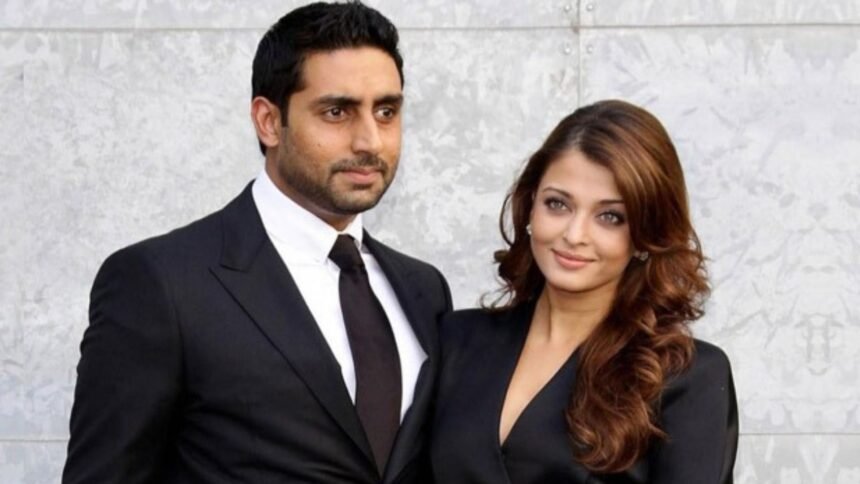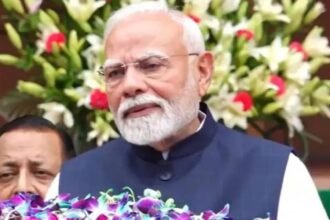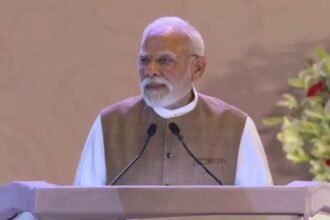New Delhi: In a case that may mark a turning point in how India treats the clash between technology and personal identity, Bollywood stars Aishwarya Rai Bachchan and Abhishek Bachchan have petitioned the Delhi High Court to curb AI-generated deepfake content on YouTube and protect their voice, image and persona from misuse.
According to court filings reviewed by Reuters, the Bachchans argue that YouTube hosts fabricated videos placing them in fictitious or sexually explicit scenes. The petitioners claim that such content causes serious damage to their reputation and dignity, and that some channels, like AI Bollywood Ishq, monetize this content through millions of views.
They demand that Google be ordered not only to take down infringing content (over 518 links have already been listed by the actors) but also be directed to implement safeguards to prevent such content from being used to train AI models.
In addition to injunctive relief, the Bachchans seek US$450,000 in damages and a permanent injunction barring future misuse of their identity. The filings warn that allowing deepfake content to feed into AI models could proliferate further misrepresentations and intensify reputational harm.
India lacks a statute that expressly protects personality rights; thus, courts must interpret existing laws to fill the gap. The plaintiffs rely on established legal doctrines under Article 21 (Right to Life & Liberty / Privacy), the Copyright Act, 1957, the Information Technology Act, 2000, and even trademark doctrine when likeness is commercially exploited.
Notably, the Bachchans’ lawsuit is among the most high-profile ventures yet into the intersection of personality rights and generative AI in India. While courts have at times restrained misuse of a celebrity’s image, the challenge here is broader — tackling platforms and future AI risks.
A National Law University expert, Eashan Ghosh, observed that it may be difficult to hold YouTube directly liable, since creators — not platforms — often upload infringing content. But he suggested that courts might nudge platforms to adopt policies for expedited takedown claims by high-profile persons.
YouTube’s own policies allow content creators to opt-in to share their videos for training external AI models — a point the Bachchans allege opens a path for misuse. In India, with over 600 million users, YouTube is a dominant medium for video content, making its practices central to this debate.
The Delhi High Court has directed Google’s legal team to respond by January 15. The final verdict could set a precedent on how far intermediaries must act to police deepfake content in India’s AI era.generated deepfakes. This is a matter of growing concern for all citizens and public figures.















